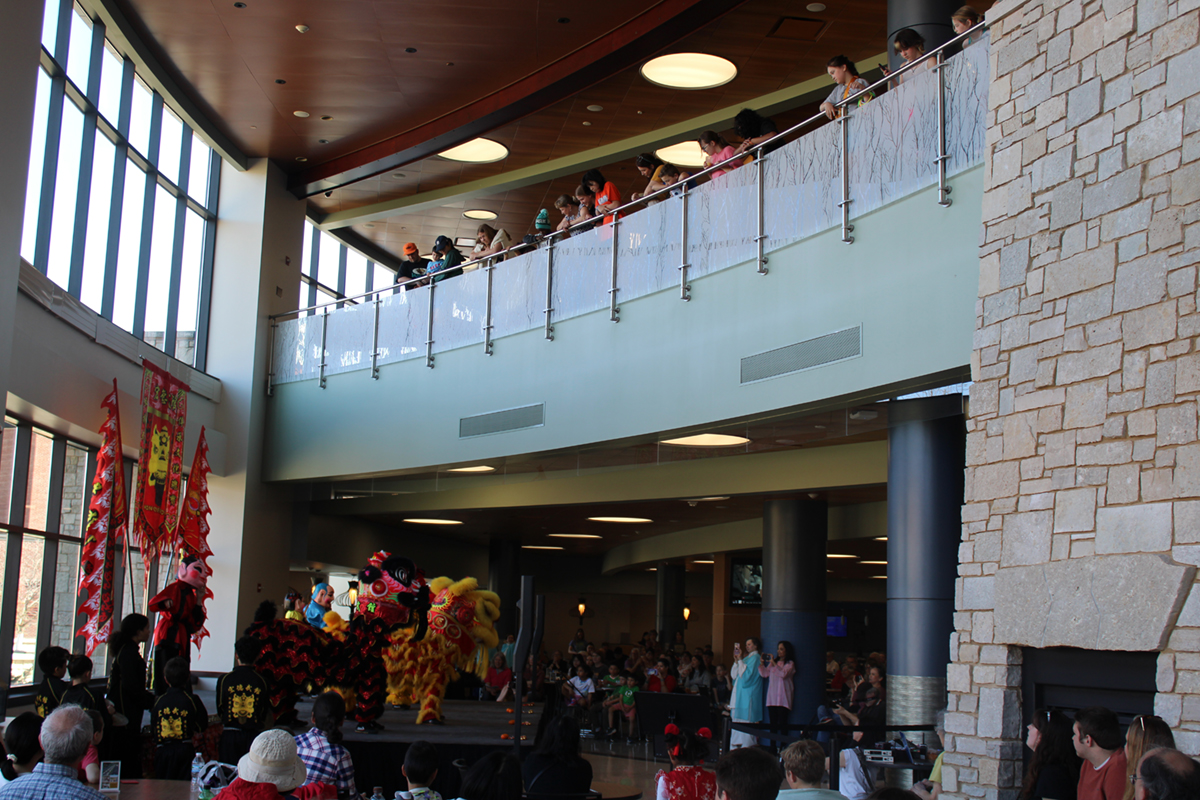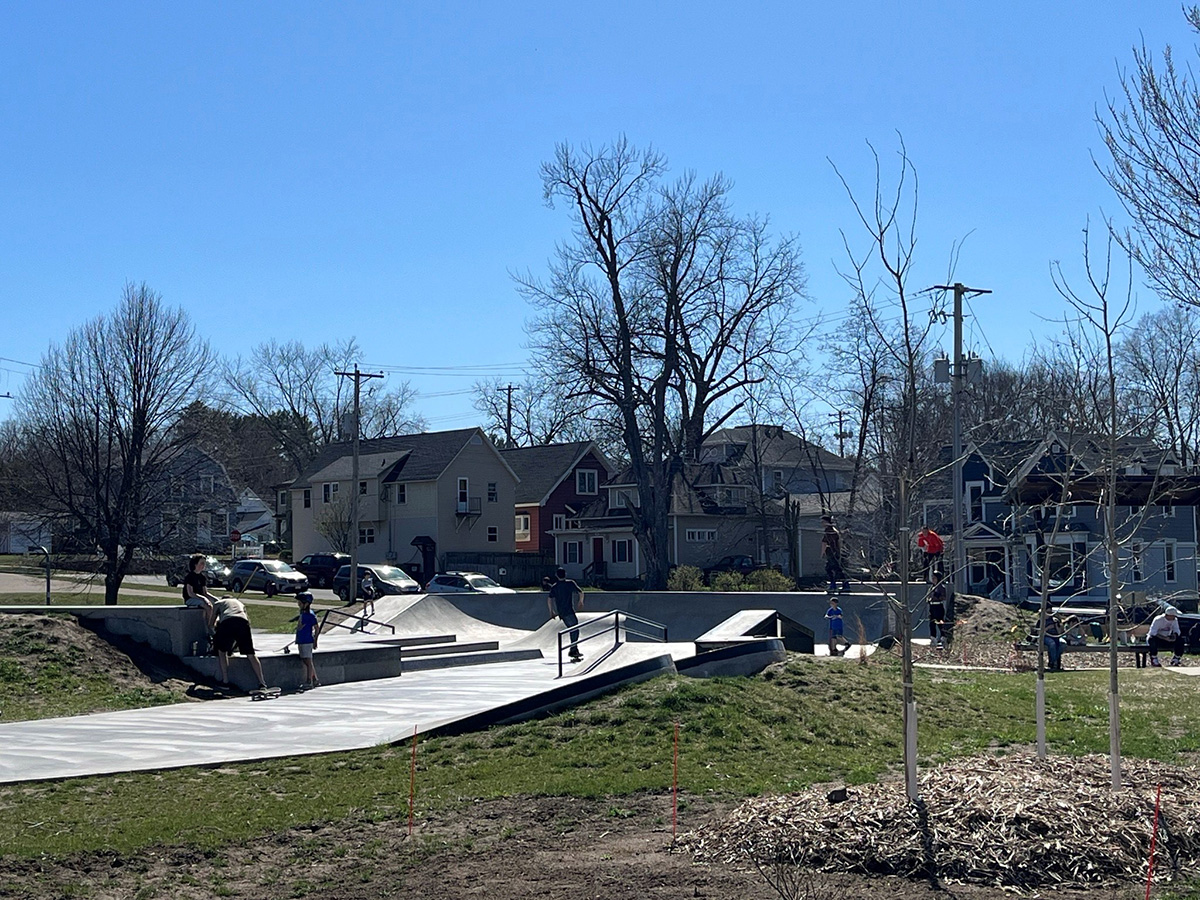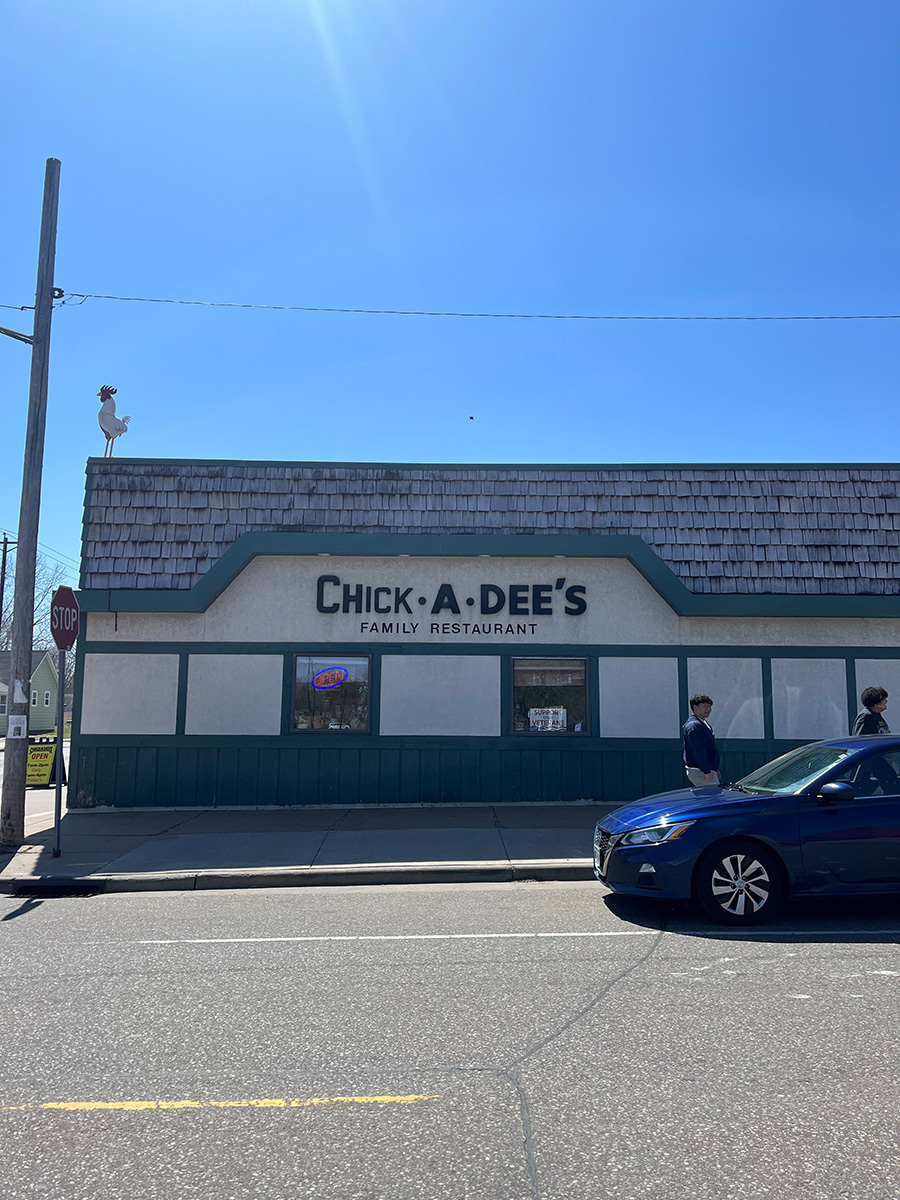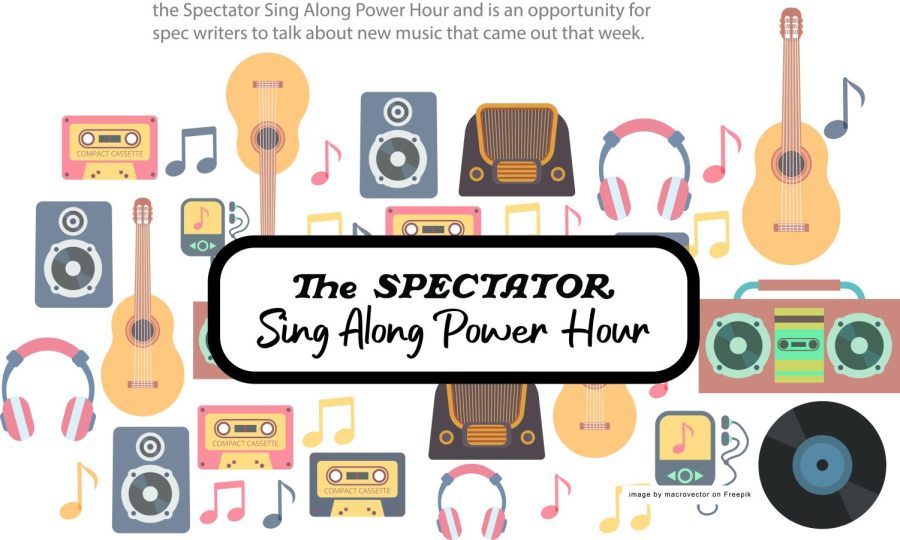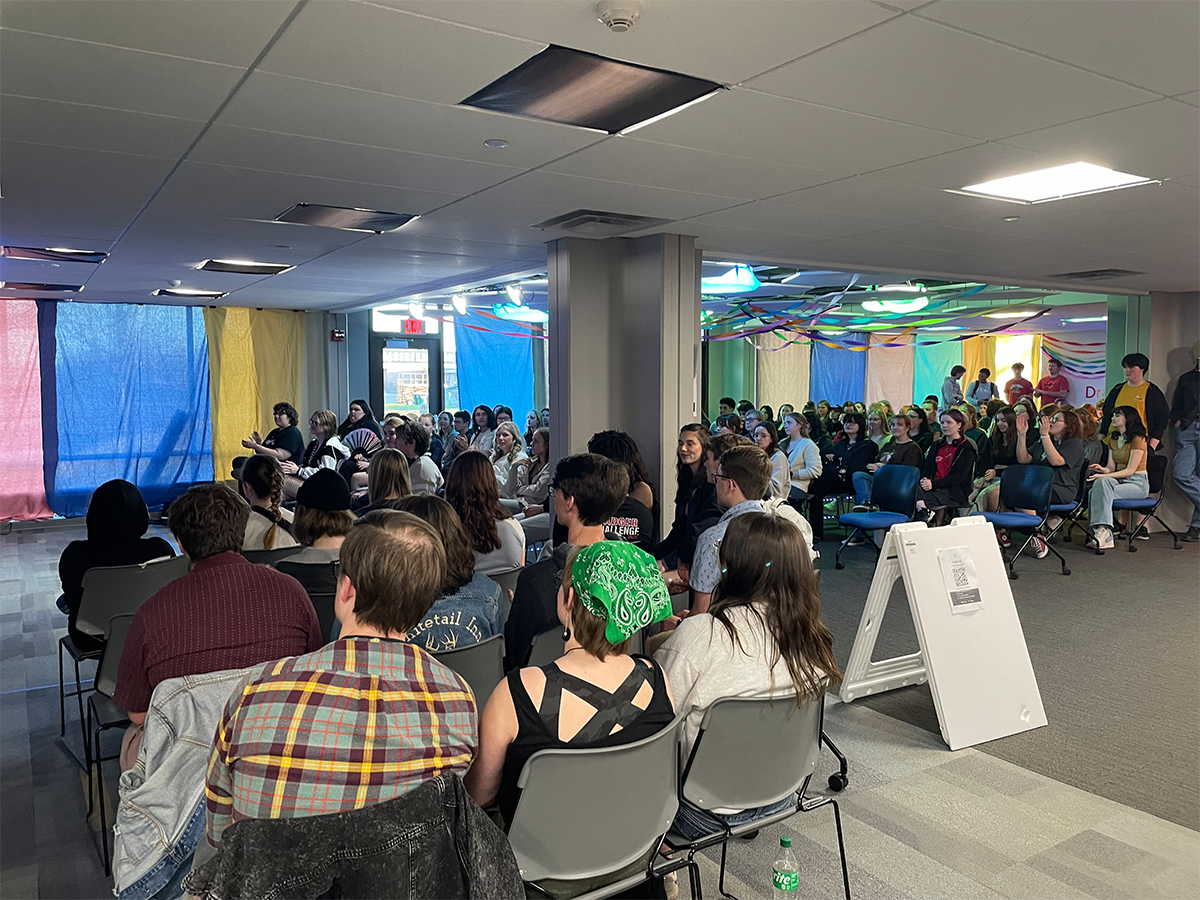When one thinks of film festivals, names such as Sundance, Tribeca and Cannes come to mind. However, somebody from Eau Claire doesn’t need to travel to Utah, New York or France to experience one.
The Eau Claire Progressive Film Festival will be held April 1-10 in Hibbard Humanities Hall, except for April 3, when it will be held in Haas Fine Arts Center. According to a university press release, there are 30 films for the event and it’s free to the public.
“It’s an amazing opportunity,” said Publicity and Promotion Co-Director and senior Jamie Riehl. “It’s really kind of the only opportunity to see a lot of these films that are not really accessible in Eau Claire.”
An aim of the festival, according to the press release, is to provide awareness to many issues including environmental sustainability, human equality and emancipation and social justice.
Assistant to the Executive Director Zach Finch, who has a master’s degree in film study, added that these issues are not only on a global scale, but also a local one.
“Lots of research is done in order to select the right films,” Finch said. “This involves finding which movies are doing well at other festivals, looking up movies with interesting topics and taking suggestions from the community, students and faculty.”
Once they have determined that a movie will match their festival goals, they try to obtain its rights. They have to ascertain exactly who to speak with to get the specific film. This can be the distributor or the filmmaker.
“It can be a little difficult and time consuming,” Finch said, “but we’re really happy with our slate of films this year.”
He said movie rights don’t always cost money. When some filmmakers are told that it is a free event, they are happy to allow the festival to use their movie.
Not only is Finch helping run the festival, he is also interested in being a participant.
“I have not seen all of the films,” he said. “I’m looking forward to being a spectator as well.”
One of the films he thinks is interesting is “The Bill Douglas Trilogy” which is being shown at 11 a.m. on April 10 in Hibbard 323.
The film is the mostly autobiographical story of the movie’s director, Bill Douglas. According to the website for the festival, it displays his troubled youth in Scotland, where he lived in poverty and eventually rose from those circumstances.
Another film that Finch said would be interesting is “The End of The Line,” which will be shown at 2:30 p.m. April 2 in Hibbard 321.
It is a documentary about over-fishing and the dire costs
associated with it.
Riehl said that an important film will be “Brick by Brick,” which is about housing inequality for African-Americans in Yonkers, New York in the 1980s. It will be shown at noon April 9 in Hibbard 323.
Another film that he thinks will be interesting is “The Tillman Story,” which is at 7:30 p.m. April 2 in Hibbard 102. The website describes the documentary as a story about Pat Tillman, who turned down the NFL to become an Army Ranger, and the circumstances of his death and what the Pentagon tried to do afterwards.
“That one looks incredible,” he said. “I think it’s a fascinating story that has a lot to tell us about our nation’s relationship with war.”
After each movie, there will be discussion led by the facilitator of each showing. In some cases this will be a festival organizer such as Finch. In others, it will be members from academic departments such as English and geography.
Also, student groups such as the Dismantling Racism Student Caucus, which is showing “The End of The Line,” will lead discussion.
Another is UW-Eau Claire College Feminists. Riehl belongs to both groups.
Finch said that these discussions are a very important part of the festival and that the audience will play a big part in each.
“I’m anticipating that the discussions will take on a life of their own,” he said. “And will have a good range of debates and interesting points
of view.”
The Progressive Film Festival is not Sundance, but it will provide Eau Claire with an opportunity to view and discuss films.

